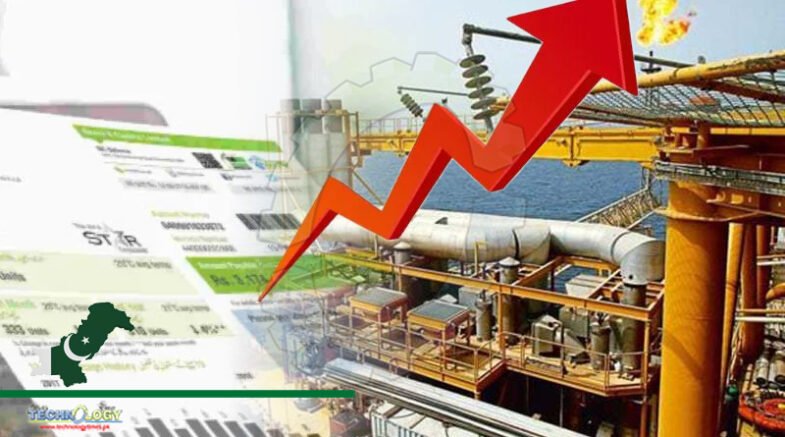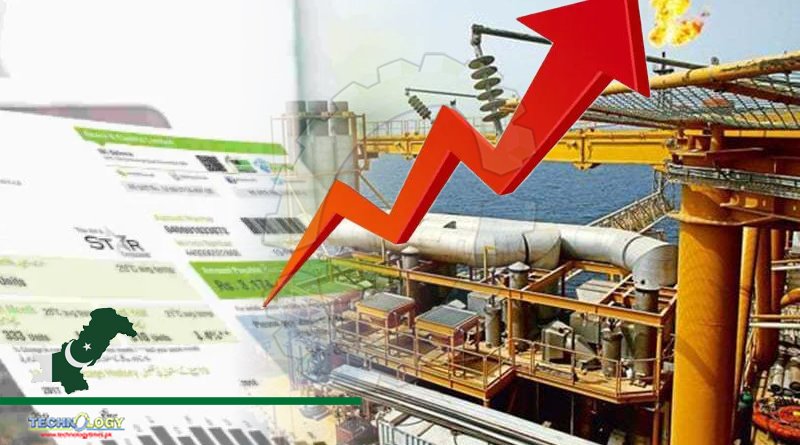Energy Minister told that due to the extra and expensive furnace oil imported to bridge the demand-supply gap in June, the extra charge was adjusted in utility bills for August.

With climate change causing heat to constantly rise to new highs during summer and rising urban density contributing to greater use of cooling appliances such as air-conditioners, fans, and refrigerators and chillers, Pakistan ends up consuming an extra 8,000 – 9,000 megawatts of power in peak summer. The extra power puts further burden on the exchequer to buy imported furnace oil to meet peak demand which has jumped to nearly 30,000 megawatts (MW). At its highest, the power shortfall topped 5,000 megawatts this year.
This was disclosed by the Federal Energy Secretary Rashid Mahmood Langrial during a meeting of the National Assembly’s Standing Committee on Energy (Power Division) on Thursday. The meeting was chaired by Riaz Mazari.
During the committee’s meeting, he said that no country in the world uses 9,000 MW just to cool its walls, adding that even poor have to pay inflated costs. No wonder then that the circular debt of the Power Division has swelled to a whopping Rs2.4 trillion – or around 25% of the country’s total budget for the fiscal year 2022-23.
Energy Minister told the meeting that due to the extra and expensive furnace oil imported to bridge the demand-supply gap in June, the extra charge was adjusted in utility bills for August. The result was widespread shock for the public when they say the abnormally high bills. “The fuel price adjustment was high in June, so the bills for August were high,” he said, adding that it caused unrest amongst the people as well as the voters.
To counter this next year, the energy minister said that the power division has upgraded its management to generate additional electricity. Moreover, he said that they have also worked on their energy mix to ensure a greater chunk of energy is produced by domestically available, cheap sources when compared to projects that use expensive, imported fuel to generate power.
One of these projects was the Tarbela dam, which has been upgraded in recent years and filled up during the last rains. On vacant positions across the power sector, he said that a proposal has been sent to Prime Minister to green light the appointments. He hoped that soon, there will be more people employed in the country’s energy sector.
Meanwhile, Federal Energy Secretary Langrial said that they were planning to announce an energy efficiency policy where by houses will be certified per their power usage. New houses, he said, would only be built after obtaining an energy efficiency certificate along with an energy map. “Without the certificate no electricity meter will be installed in new houses,” he announced.
Originally published at SAMAA
